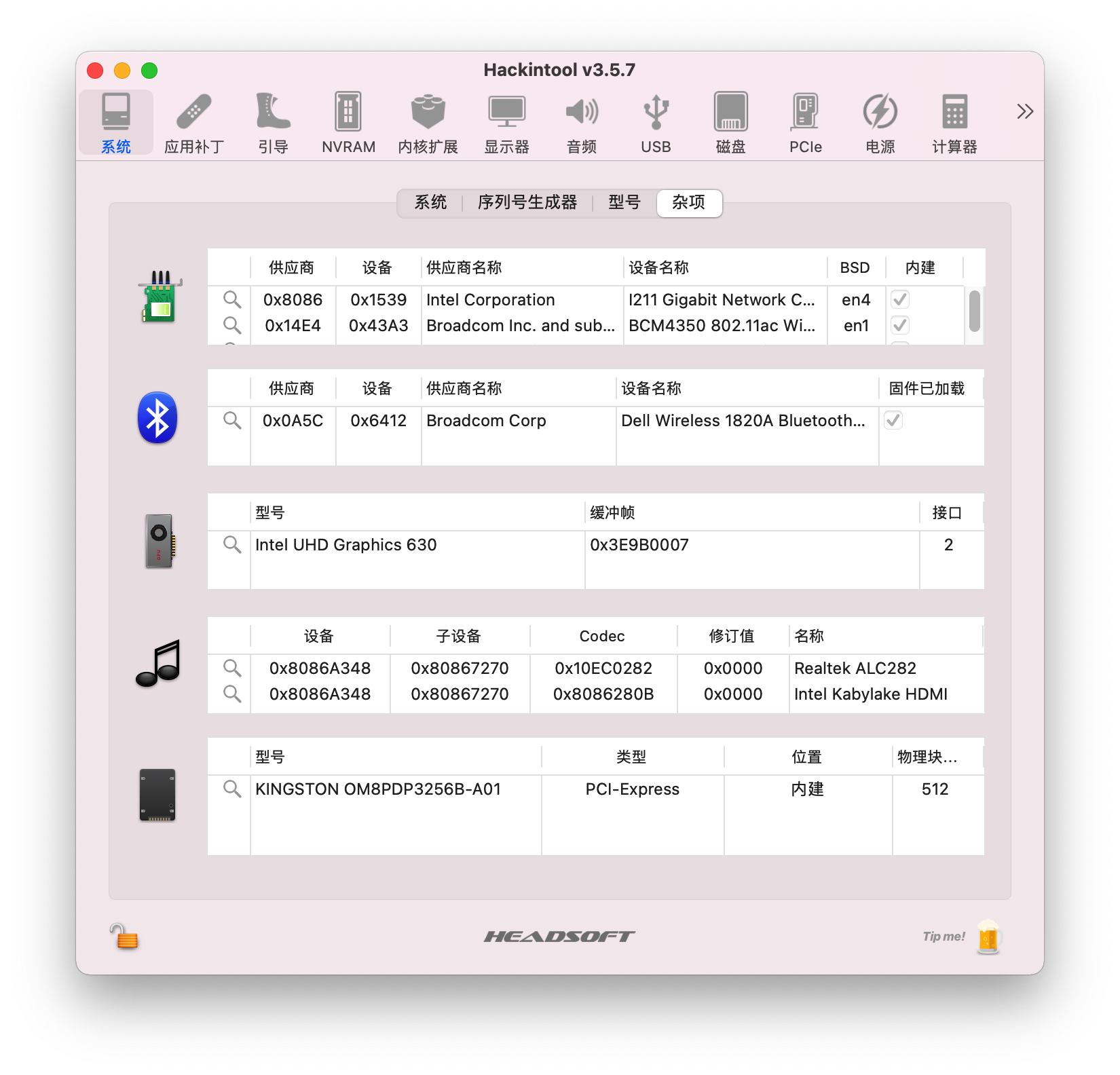
And then I am able to open those applications as if they are native built for ARM mac. The first time you launches a x86-64 application on your mac, it will automatically pop up and ask you to install Rosetta. Rosetta2Īt the time of the writing (Nov 17), most of the applications are not (yet) supported by this new architecture and most of the applications will run with Rosetta2 created by Apple. The whole process is much easier now compared to a few months ago when I first wrote this guide.ĭocker has also released their tech preview for ARM mac, and I can get most of my daily tasks up and running with it.

Some packages might still require you to build them from source, but there has been few compatibility issues. You can just download and pour the bottles instead of building all the packages from source. Some packages are now offering prebuilt bottles for arm macs. You can install the latest version (2.7.1 or above) and get things up and running. This is how I get most of my configurations work with MacBook Pro (13, M1, 2020)Ī new version of homebrew has been released that supports Apple-Silicon Mac natively. It's going to be much easier to just purchase a copy of crossover or parallels desktop. However, it still need quite a lot time to get some software running. But I've been able to get their source code and get some version of it running on my mac.įor some reason, the latest verisign I've been able to compile is 6.17.

Wine has dropped their official support for macOS. And it just seems to be a great challenge. But I would really like to see how it performs.

Well, I don't really need windows applications to run on my mac. Sudo ln -sfn /opt/homebrew/opt/openjdk/libexec/openjdk.jdk /Library/Java/JavaVirtualMachines/openjdk.jdkĮcho 'export PATH="/opt/homebrew/opt/openjdk/bin:$PATH" ' > ~/.zshrc Windows Applications and Wine


 0 kommentar(er)
0 kommentar(er)
